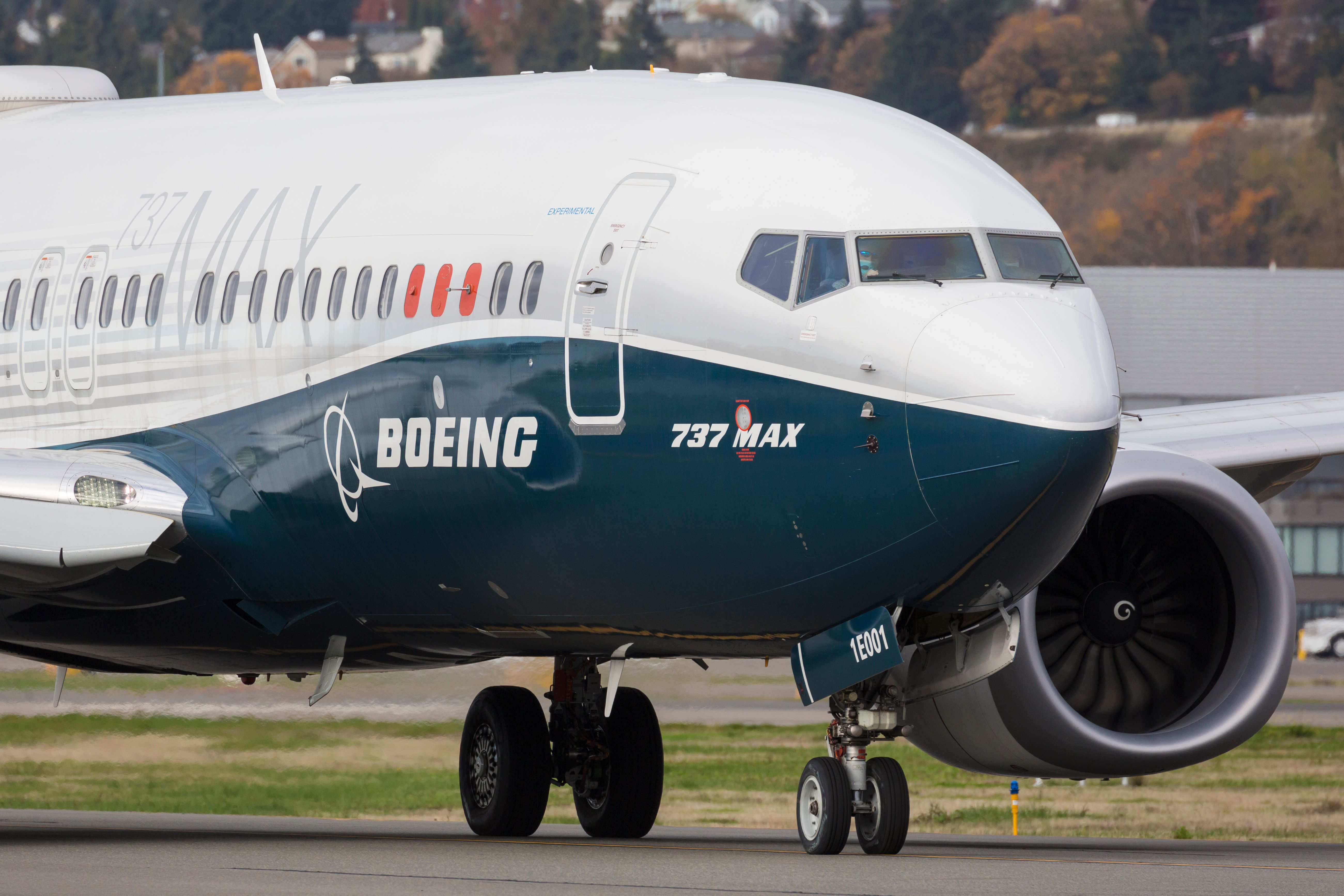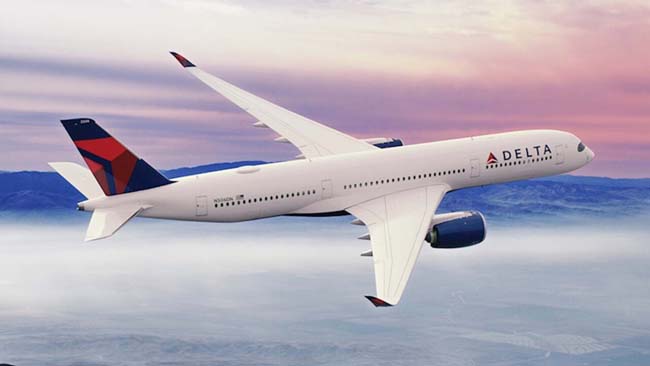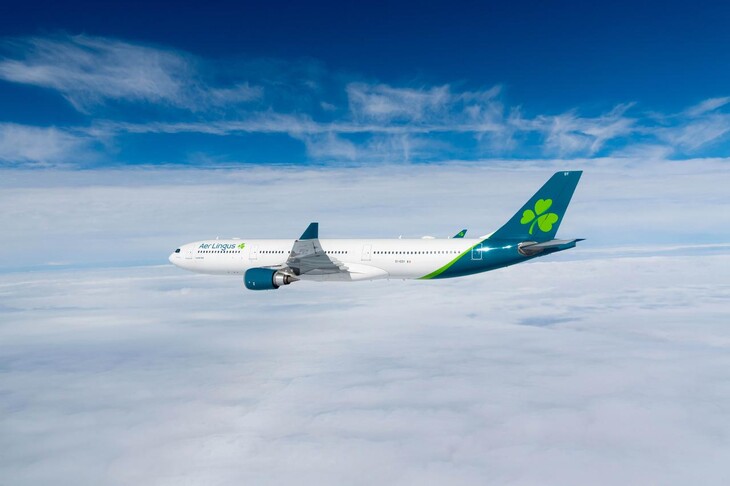Summary In a court filing on August 14, the Department of Justice (DOJ), recommended the judge to accept the plea deal that it had agreed with Boeing. The DOJ's filing was submitted following five motions opposing the plea deal. One of the DOJ's arguments was that it had reached the limit of what it could or could not prove about Boeing's fraudulent activities related to the two fatal 737 MAX crashes.
In its latest court filing, the United States Department of Justice (DOJ) recommended that the judge overseeing Boeing’s violated deferred prosecution agreement (DPA) case would accept the plea deal that the DOJ and aircraft manufacturer agreed, despite objections from crash victims’ families and LOT Polish Airlines . Motions opposing the plea deal The DOJ submitted its motion to support the plea deal on August 14, arguing that Reed O’Connor should accept the plea deal despite five objections from stakeholders, including the two fatal Boeing 737 MAX crash victims’ families (four motions against) and LOT Polish Airlines (one motion against). The latter filed its objection and sought to be recognized as a ‘victim crime,’ the DOJ noted.

“The Agreement is a strong and significant resolution that holds Boeing accountable and serves the public interest.” According to the DOJ, the plea deal held Boeing accountable for its most serious, readily provable offense, namely the conspiracy to obstruct and impede the Federal Aviation Administration (FAA) Aircraft Evaluation Group (FAA AEG), which was considered a federal felony. Furthermore, the agreement held the aircraft manufacturer liable for breaching the terms of the DPA.
The DOJ and Boeing finalized the DPA in January 2021, with the company agreeing to pay a $2.5 billion penalty, including a $243.6 criminal penalty, a $1.
77 billion compensation to 737 MAX customers, and a $500 million fund to two fatal crashes’ victims’ families. The US Government, represented by the DOJ, has given Boeing 30 days to respond to its allegations. Securing benefits immediately In addition to holding Boeing accountable, namely the company paying another $243.
6 million fine, since it was already credited with paying the previous penalty of the same amount related to the DPA, the aircraft manufacturer would not have immunity from other misconduct. This includes any liabilities related to the Alaska Airlines flight AS1282 mid-air door plug blowout , the DOJ continued. Furthermore, the plea deal will provide the crash victims’ families with all legally available remedies.
As such, it will ensure that Boeing would have to pay any court-ordered restitution to the families without a monetary cap. “At the Families’ request, the Agreement also requires that Boeing’s Board of Directors meet with the Families to hear directly from them about the impact of Boeing’s criminal conduct and how the Company can improve its compliance and safety practices and culture.” The DOJ added that the plea deal would result in immediate benefits, including the mandated additional $455 million investment that Boeing would have to make into its compliance, safety, and quality programs over a three-year probation period.
The DOJ and Boeing have asked the court to accept the plea agreement consistent with standard practice of the United States Government. Independent monitor Lastly, the DOJ argued that the deal would prevent any future misconduct with an independent compliance monitor. They would evaluate the company’s safety and compliance programs, ensuring that federal agencies, including the FAA, would be able to carry out their duties effectively.
The plea deal also struck a careful balance of an open process to select the compliance monitor transparently, which should complement the role of US and foreign regulators in ensuring the safety of Boeing’s products. “In the Government’s judgment, the Agreement is fair and just, as well as a strong resolution of this matter that serves the public interest.” The DOJ concluded that it had entered into the plea deal because it was limited by what it could prove.
While it could prove beyond reasonable doubt that Boeing defrauded the FAA, it could not directly prove that the manufacturer’s fraud directly caused the two 737 MAX crashes and that Boeing’s gain or loss from the fraudulent activity was more than $243.6 million. Boeing and the DOJ entered into a plea agreement on July 7, with the two sides still finalizing the final text of the agreement.
.



















